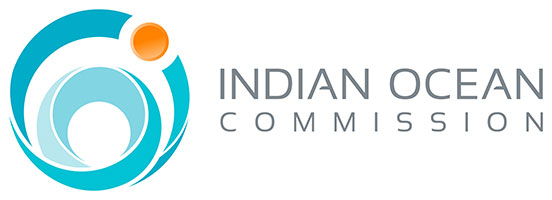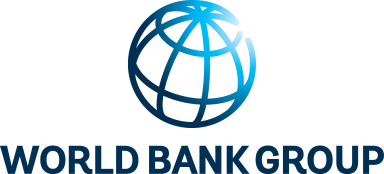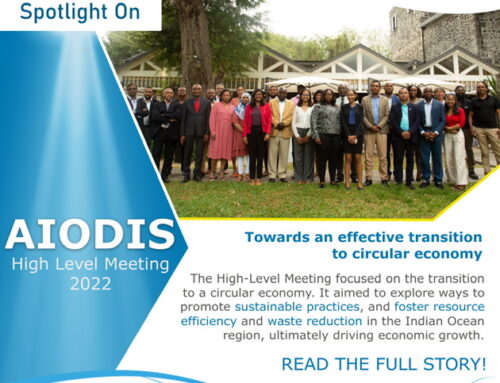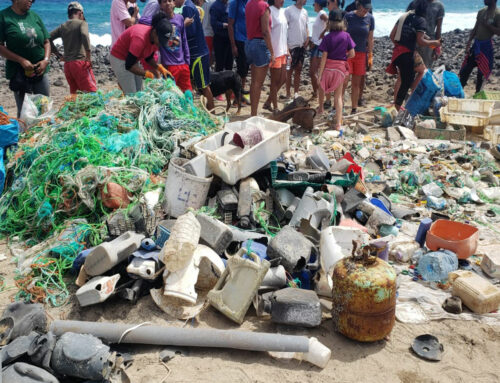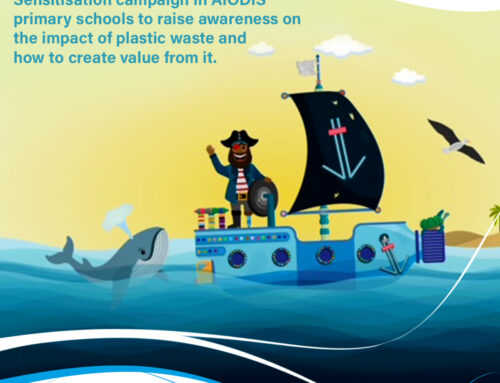Mauritius aspires to become a sustainable and eco-responsible island, and this local company is committed to helping it get there. Focus on BEM Recycling, a family business dedicated to recycling electronic and electrical waste (WEEE), which deserves to be recognised.
The keyword: Recycling
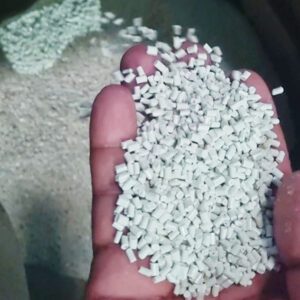 While it has been around for 20 years, the company has operated at La Chaumière in Saint Martin since 2017. It adopts a zero landfilling policy, which means breaking down, recycling and reusing all the incoming WEEE. BEM Recycling also invested in a state of the art equipment to process all types of WEEE, from the smallest — like mobile phones — to the largest — like washing machines and freezers.
While it has been around for 20 years, the company has operated at La Chaumière in Saint Martin since 2017. It adopts a zero landfilling policy, which means breaking down, recycling and reusing all the incoming WEEE. BEM Recycling also invested in a state of the art equipment to process all types of WEEE, from the smallest — like mobile phones — to the largest — like washing machines and freezers.
In addition to offering pollution clean-up, recycling and dismantling services, BEM Recycling adds value to products by transforming them into secondary materials. Your old freezer can easily be used to produce strong and useful components such as plastic pellets or glass aggregates. To avoid any wastage, some components are exported to Europe. Thanks to a “recycling fee”, paid in advance when you drop off your waste, part of the cost of freight, logistics and export labour is covered.
Raising environmental awareness
“Proper waste management and sorting are not yet part of the Mauritian culture. This is why BEM Recycling encourages people to adopt more sustainable waste management practices,” stresses Thierry Malabar, WEEE Project Manager.
The company regularly welcomes students as part of environmental awareness campaigns. It also offers consultancy services to help Mauritians better understand the recycling processes and find sustainable alternatives.
Facing Challenges
Unfortunately, this family business faces a number of obstacles. First of all, there are very few local businesses willing to reuse recycled materials. Therefore, the secondary materials have to be exported. The low volume of orders, however, results in low profits for the company. In addition, inadequate waste management legislation complicates the process. Waste sorting at source, for example, should be better organised, whether in companies or at home.
The team responsible for implementing the AIODIS (African and Indian Ocean Developing Island States) subcomponent of the SWIOFish2 project — funded by the World Bank — organised a visit to BEM Recycling. The trip was made on the occasion of the high level meeting that was held in Mauritius in December 2022. A knowledge exchange mission, with the participation of political officials, as well as private sector representatives from AIODIS countries is being planned for August 2023. The aim of this exchange is to share BEM's experience with AIODIS, with a view to potential partnerships in the WEEE treatment sector.
Confident of a better future, BEM hopes for the support of the State, the private sector and everyone to better manage their waste and adopt a greener way of thinking.
